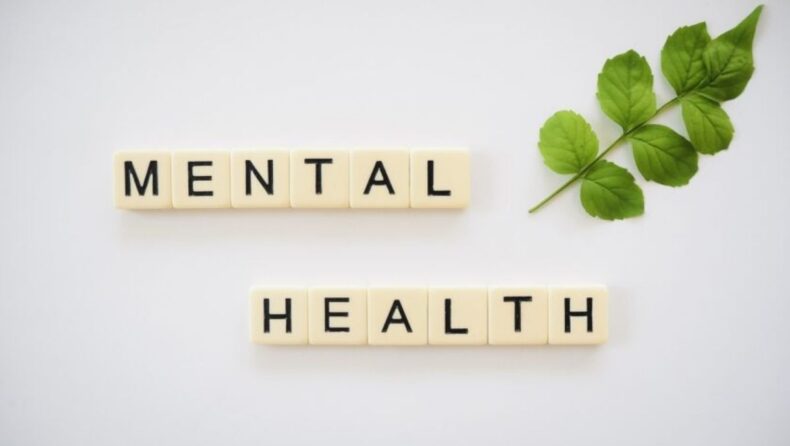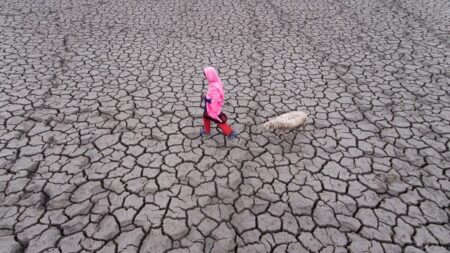Mental health is a huge problem for people all around the world, and India is no exception. When we look at the state of mental health, it appears that progress is gradual.
“There can be no true physical health without mental health,” said Dr. Brock Chisholm, the first Director-General of the World Health Organization (WHO), in 1954. The situation has remained mostly unchanged over the past 60 years.
“The ability to obtain, interpret, and use the information to enhance and preserve good health” is how health literacy is defined. Neuropsychiatric illnesses account for roughly 14% of the global disease burden.
Because of a poor understanding of the interplay between mental disease and other health illnesses, the burden of mental disorders is likely to have been underestimated.
Existing public-health priorities and their influence on funding; challenges to providing mental health care in primary care settings; low numbers of those trained in mental health care; and a lack of mental health perspective in public-health leadership are all obstacles to progress in mental health services.
Indian scenario of mental health

Health literacy and awareness are two sides of the same coin. Ignorance and misinformation have negative consequences such as stigma and prejudice. There have been a few studies in India that have measured mental health literacy.
According to one study, adolescent mental health literacy is extremely low, with just 29.04 percent of adolescents recognizing depression and only 1.31 percent recognizing schizophrenia/psychosis.
There have been several demands for evoking political will, improving advocacy, and enlisting community participation, all of which have resulted in little improvement in outcomes.
As a result, the time has come to investigate the mental health awareness paradigm as a means of combatting stigma, improving prevention, ensuring early detection, and motivating simple and practical actions in the community.
Media
Encouragement of recovered patients to share their success stories with the public would help to fill the gap in authentic narratives through various manifestations. The prior effort in the field of mental health awareness relied heavily on the media.
So far, celebrity endorsements, such as actress Deepika Padukone’s recent one sharing her experience with depression, have been the mainstay of media campaigns, along with brief ad taglines and content-rich narrations and documentaries.
Education and Internet
From incorporating mental health narratives into curricula to de-stigmatization, discriminatory removal, and early diagnosis, to empowering stakeholders for early detection and simple interventions, the educational system has a plethora of chances for improving mental health awareness.
With the increased use of big data, decision-making will be aided by a knowledge of subtle and scattered patterns over vast quantities.

Crowd-sourcing
In a free society, the ultimate convergence of knowledge and technology leads to crowd-sourcing, which eliminates geographical barriers, historical inequalities, and economies of scale. It is the authentic participation of real and virtual communities, harnessed to effect change.
Individuals’ dynamic ideas might thus synergize with non-governmental organizations’ success stories to amplify them across geographies and time.
Edited By: Khushi Thakur
Published By: Shubham Ghulaxe













